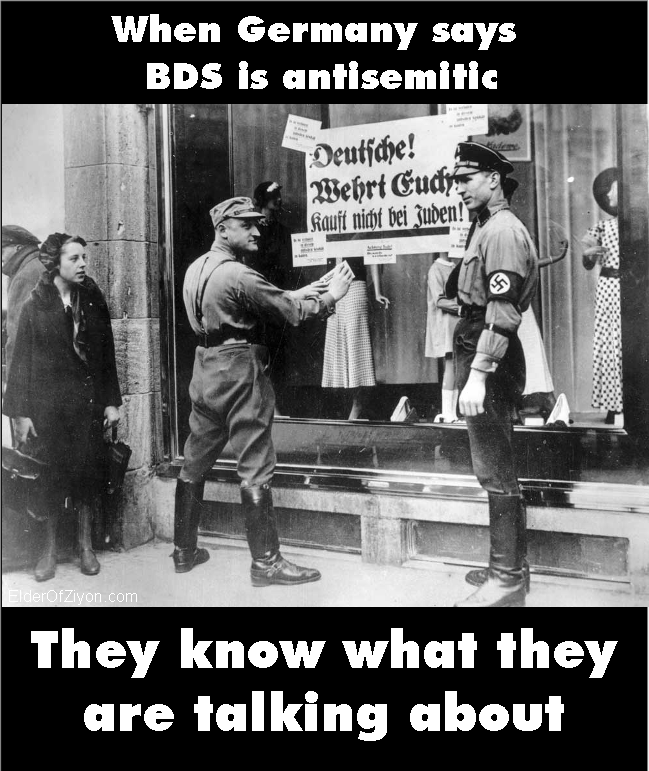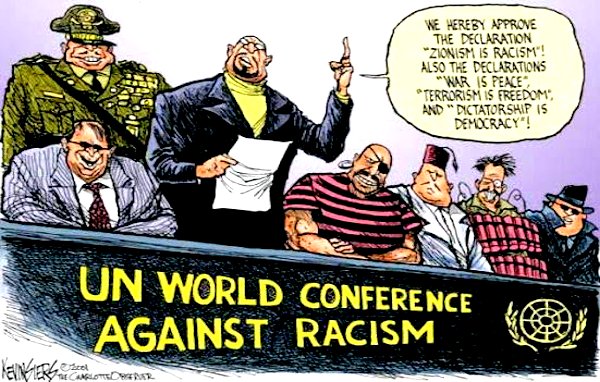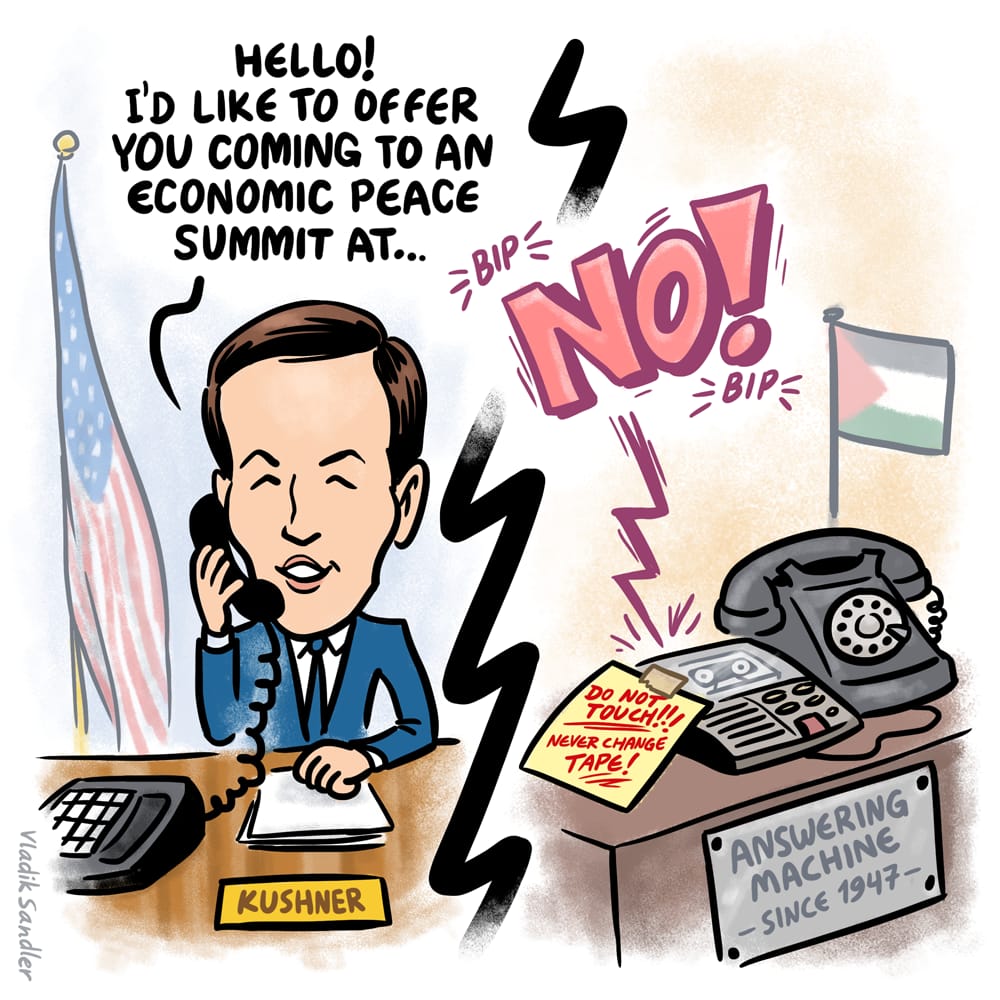The Many Deceits of Edward Said
Few thinkers have had so enormous an impact on the humanities as Edward Said, an English professor whose 1978 book Orientalism argued that all Western scholarship of the Middle East—indeed, all European writing about the Islamic world—was inherently suspect, reflecting only stereotypes and fantasies. Accompanying this argument was vituperation against Israel, to which Said dedicated much of his subsequent public life, inspiring multiple generations of academic Israel-haters. William D. Rubinstein examines Said’s distortions and tortured logic:
[I]n films and popular culture, every identifiable group is depicted initially in stereotypical terms: upper-class Englishmen are depicted as plummy-voiced toffs, American army sergeants as martinets, Australians as beer-swilling ockers from the outback. So what? But Said presents only the most negative views of the Islamic world as representative of its depiction in the mainstream West, ignoring any more positive views.
[For instance], the academic and scholarly “orientalists” who wrote about the Islamic world between about 1750 and 1940 were seldom hostile to Islam or to Muslim culture; quite the opposite. Typical was Gottlieb Leitner (1840–99), born in Budapest to Jewish parents who became Protestants. Leitner lived in India and was a renowned linguist. . . . In 1889 he published a pamphlet, Muhammedism, which defended Islam against its critics, and, in the same year, established the Woking Mosque in Surrey, the first mosque in Britain.
Dozens of other scholars and anthropologists throughout the West, normally termed “orientalists,” were highly sympathetic to Islam and its culture. These scholars were ignored in Said’s works, as were modern scholars who studied the politics, economy, and religious culture of the Islamic world in a serious way.
It appears that Said became an ardent supporter of the Palestinian cause and, by extension, of the Islamic world, following the 1967 Six-Day War between Israel and the Arabs. At the time, Israel enjoyed the virtually unanimous support of the Western world’s left intelligentsia. . . . Said effectively—and, it seems, deliberately—provided scholarly backing for the reverse of this former consensus, and for whitewashing the culture and lifestyles of the Islamic world.
NGO Monitor: NGO Failure: Viva Palestina’s Delivery of Cash and Goods to Hamas Leaders
UK Charity Commission InvestigationDavid Collier: The Guardian newspaper: Decades of baiting British Jews
On June 6, 2019, the Charity Commission for England and Wales released a statement on their investigation into “Viva Palestina,” a charity led by former Member of Parliament and former War on Want General Secretary, George Galloway. The Charity Commission concluded that Viva Palestina “was not properly governed, managed or administered by its trustees – as a result of those failings its reputation, that of the wider charitable sector, and charitable funds donated by the public to the charity were put at risk.”
The Commission paid special attention to Viva Palestina’s failure regarding “the basic requirement to keep receipts and records of income and expenditure and so be able to properly account for charitable funds raised and spent. These basic requirements are all the more important when charitable funds are raised from members of the public and used for humanitarian needs in conflict zones.” Viva Palestina reportedly claimed to have raised over £1 million in 2009 alone.
Viva Palestina’s Material Support for Hamas
In addition to the concerns cited by the Charity Commission, Viva Palestina has had significant contact with leaders of the Hamas terrorist organization, including providing them with cash, vehicles, and other items.
For example, during a March 2009 “aid convoy,” George Galloway met with then Hamas Prime Minister Ismail Haniyeh and directly provided him with three cars and £25,000 in cash. Galloway claimed, “Just in case the British government or the European Union want to face me in any court, let me tell them live on television: I personally am about to break the sanctions on the elected government of Palestine…By Allah, we carried a lot of cash here… But I, now, here, on behalf of myself, my sister Yvonne Ridley…are giving three cars and 25,000 pounds in cash to Prime Minister Ismail Haniyeh”
What changed at the Guardian?
This isn’t difficult. The ‘rational left’ lost its soul when it became infected by the very viruses it used to be able to identify. It saw Islamic antisemitism until it became infected with it. So too Soviet antisemitism. Today those people writing these letters to the Guardian support the same ideology as those the Guardian quickly dismissed back in 1953. They started to use these media outlets to push their obsession. This is a map of the increase in mentions of the word ‘Israel’ from 1947-2003:
1966-1967, which includes the six-day war and its aftermath, saw 960 articles. 2002-2003 was to reach 3,402. I can only imagine how bad things are today. To put this in perspective. Israel’s 3,402 came over 24 months. ‘Congo’ did not even make 1,500 articles over the whole five years of the Second Congo War that cost millions of lives. Adding Rwanda to the search terms didn’t make much difference. Israel has become a Guardian obsession.
It becomes even more interesting when we search for ‘anti-Zionism’. Beyond criticism, until the 1990s there were no references to the words in the Guardian archives and a whole year could pass without a single article using it. In 1998 there was one article. Another two in 1999 and 2000. In 2001 that double to four and in 2003 it tripled to thirteen. Since then it has risen to a tsunami.
The only reference in 1998 was to a book from the 1930s. In 1999 the play ‘Perdition‘ was on the theatre pages as it enjoyed a short run at the Gate Theatre. January of 2000 saw David Ceserani used the term when he was critical of Norman Finkelstein. In June, John Fordham wrote a Jazz column about Gilad Atzmon. Then in August 2001, there was a mention in article about the Woodcraft folk, and the complexities of global politics. In September it was another Jazz advert for Gilad Atzmon.


















































